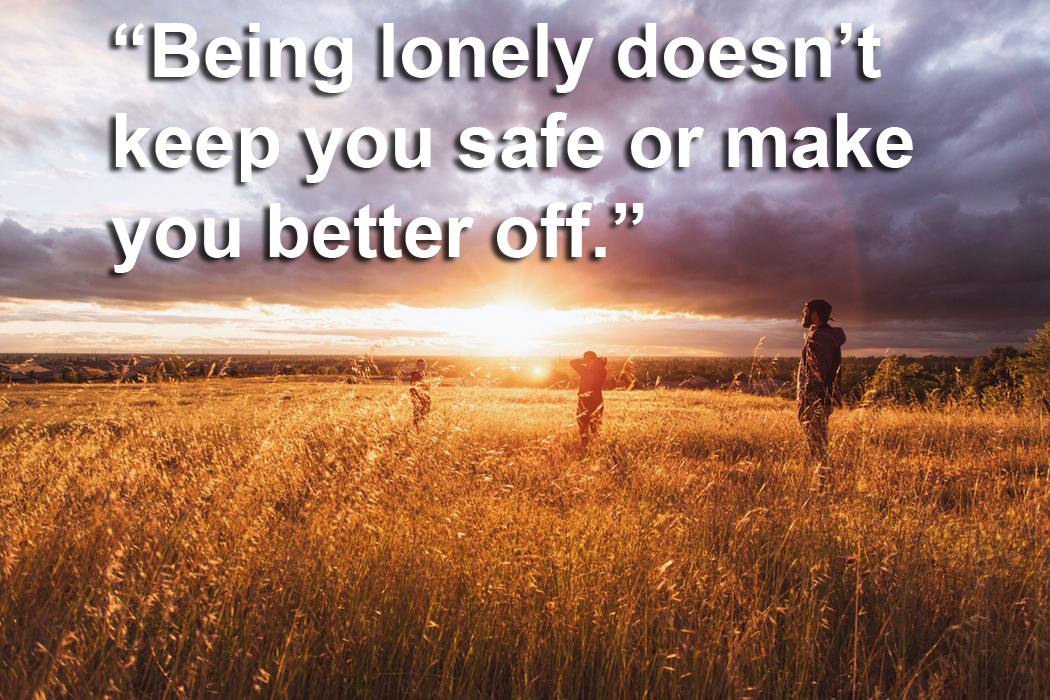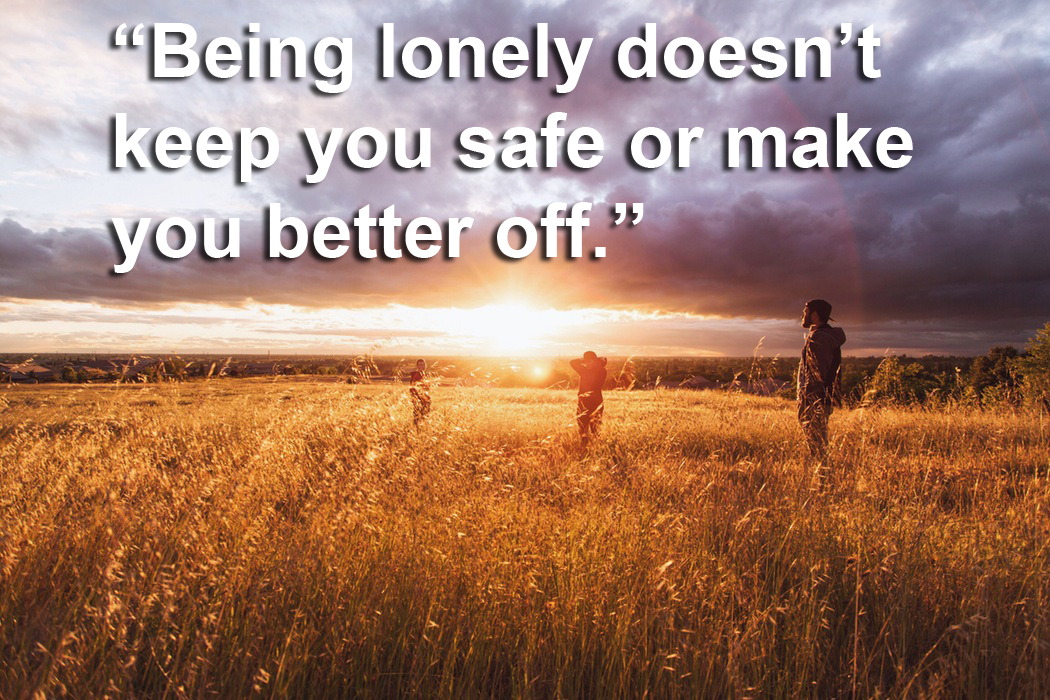By Lisa Floyd*
If you grow up living with domestic violence, your first assumption is that no one understands and that everyone is trying to hurt you. You often overreact. You get upset easily. It feels like you can’t control your emotions. So, the safest path is to just withdraw from everyone altogether and keep your feelings a secret. But that just builds on itself, making you feel even more alone and misunderstood.
I grew up living with domestic violence. And there were large parts of my childhood that were lonely. I had friends, but it was what happened with those friendships that inevitably made me feel alone. I was sometimes cold or distant. They hadn’t come from violent homes like I had. I found it difficult to relate. Even worse, my social skills just weren’t there – probably also a result of withdrawing from people.
Domestic violence changes the person you are. You constantly feel like you are on edge and defensive. You look for danger anywhere. You believe people are dangerous. You find it difficult to trust. When you can’t trust people, you tend to withdraw. This is how you end up alone.
For me, loneliness was not easy but it seemed like a safer way to live. I didn’t have to be in uncomfortable situations. It tricked me in a way. There were many life situations I wasn’t prepared for. It’s therapeutic to have friends and good times. When you don’t have those things, you are a lot more likely to be unhappy and angry, which I was.
My breakthrough came and went over the last recent years. There was never any one real defining moment. It was a mixture of experiences that showed me the LIE I had been living, causing me to be ALONE. Still, there were times when I reverted back to loneness. There were things I never got a chance to learn to deal with. So when things got hard, I would find myself retreating back to old habits.
But, I’ve gotten to a point where I’m able to look at things a lot more objectively. Being lonely doesn’t keep you safe or make you better off. You have to work around the ups and downs. And others bring new perspectives and ways of looking at things that are essential to making positive progress.
Sometimes, I still need to take a break from certain situations that are too much. But I now know it’s destructive to shut myself away from the world completely. I continue to work towards making more positive strides daily. I’ve learned to connect with others more easily and right before I interact with someone else, I remind myself that “their intent is positive.” I make an effort to build trust in others by giving them a chance. This is the first step to deeper and more fulfilling connections.
*Lisa Floyd is the former child who placed this striking domestic violence 911 call recorded over 2 decades ago, among the most well known and widely played in the industry. The call is also featured in the opening sequence of our award-winning documentary The Children Next Door. Lisa’s story is also among the 21 stories featured in our Best Seller INVINCIBLE. Now in her late 20s, Lisa is an advocate against CDV and DV, as well as a mother of 2 girls.


